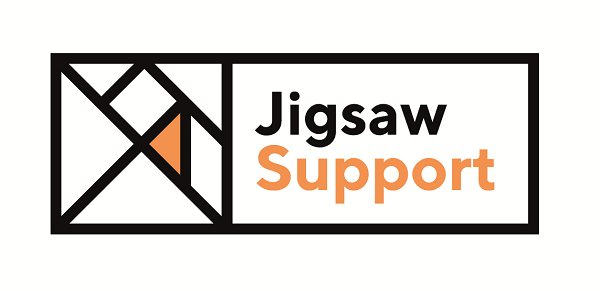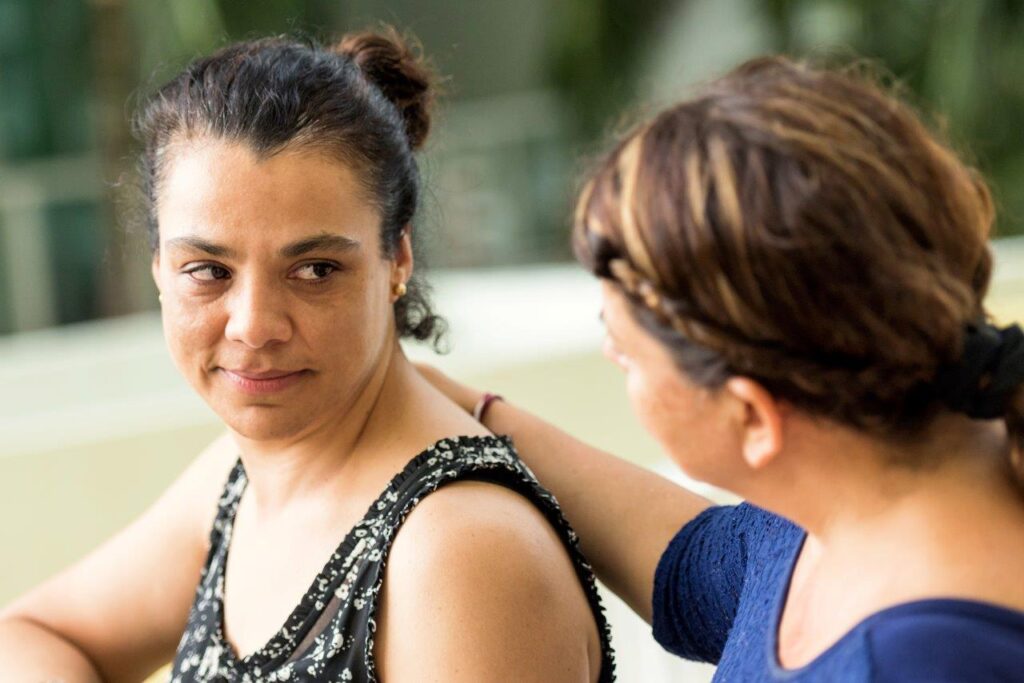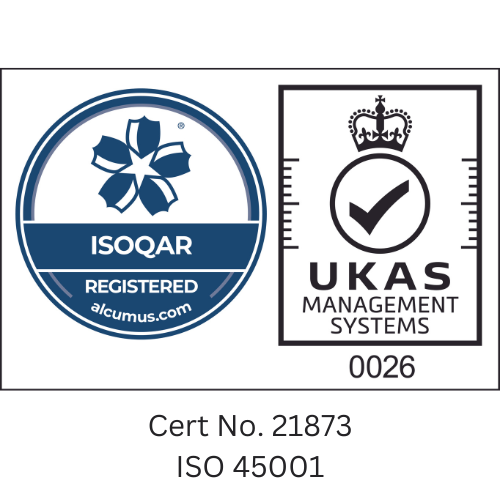Are you experiencing domestic abuse? You are not alone. Increased tension in the household caused by the cost of living crisis has led to a sharp increase in cases of domestic abuse.
Here are some resources for victims and survivors of domestic abuse during the coronavirus outbreak.
Women’s Aid – safety advice
Men’s advice line for male victims/survivors
https://mensadviceline.org.uk/
GALOP LGBT+ domestic abuse helpline
http://www.galop.org.uk/ or 0800 999 5248
Safelives support
All forms of domestic abuse are not acceptable in any situation. Free, confidential support and advice is available 24 hours a day.
Jigsaw Support
We provide support for victims of domestic abuse and rehabilitation for perpetrators through Jigsaw Support.
Visit https://support.jigsawhomes.org.uk/domestic-abuse/ for more information.
Our support services include:
• The Bridges Partnership
• Strive
• Great Moves Women Services
Refuge
The charity Refuge runs the National Domestic Abuse Hotline. They can provide legal advice, help with housing including refuge, money advice and signposting to local services. Visit https://nationaldahelpline.org.uk or call them on 0808 2000 247.
Men’s Advice Line
The Men’s Advice Line run by Respect is a confidential helpline specifically for male victims. Tel: 0808 801 0327 or email: info@mensadviceline.org.uk
The Police
How to call the police when you can’t speak
If you are in danger and unable to talk on the phone, call 999 and listen to the questions from the operator and, if you can, respond by coughing or tapping on the handset.
Call 999 from a mobile
If prompted, press 55 to Make Yourself Heard and this will transfer your call to the police. Pressing 55 only works on mobiles and does not allow police to track your location.
Call 999 from a landline
If the operator can only hear background noise and cannot decide whether an emergency service is needed, you will be connected to a police call handler.
If you replace the handset, the landline may remain connected for 45 seconds in case you pick up again.
When 999 calls are made from landlines, information about your location should be automatically available to the call handlers to help provide a response.
If you are deaf or can’t use a phone
You can register with the emergencySMS. Text REGISTER to 999. You will get a text which tells you what to do next. Do this when it is safe so you can text when you are in danger.
Other resources that might help:
Bright Sky is a mobile app and website for anyone experiencing domestic abuse, or who is worried about someone else.
Ask for ANI codeword
If you need immediate help, ask for ‘ANI’ in a participating pharmacy. ‘ANI’ stands for Action Needed Immediately. They will offer you a private space, provide a phone and ask if you need support from the police or other domestic abuse support services.
Safe Spaces
Find your nearest Safe Space in Boots, Morrisons, Superdrug and Well pharmacies, TSB banks and independent pharmacies across the UK.
Support someone you know
If you are worried that a friend, neighbour or loved one is a victim of domestic abuse, you can call the National Domestic Abuse Helpline for free and confidential advice, 24 hours a day on 0808 2000 247. If you believe there is an immediate risk of harm to someone, or it is an emergency, you should always call 999.
If someone confides in you, there is more information on how to support a friend who is being abused.
Perpetrators of Abuse
‘RESPECT’ have been leading work with perpetrators of domestic abuse for over 20 years, aiming to keep survivors safe and hold perpetrators accountable – whilst offering them meaningful opportunities to change. Their interventions support perpetrators in the early stages of abuse, and those using high harm behaviours.
Please visit www.respect.uk.net if you believe you are a perpetrator seeking intervention, rehabilitation and support.
Get help if you think you might be an abuser
If you are concerned about your behaviour or the behaviour of someone you know, there is support available. The Respect Phoneline is an anonymous and confidential helpline for men and women who are abusing their partners and families.
Jigsaw Homes Group has signed up to the ‘Make a Stand’ campaign, developed by the Chartered Institute of Housing in partnership with Women’s Aid and the Domestic Abuse Housing Alliance campaign, to help tackle domestic abuse.
We are committed to taking action to support people experiencing domestic abuse, one of the biggest issues in society today.
Studies suggest many millions of people are affected every year and tragically, two women are killed every week by their partner or ex-partner.
Together with others across the housing sector, we have signed up to do more to tackle this issue and we will continue to support residents who are affected by domestic abuse.
If you are experiencing domestic abuse, are worried about someone or are concerned about your behaviour, there is lots of support available.
Don’t forget, you can always report any concerns you have directly to us on 0300 011 1144 or 0300 111 1133.
Psychological abuse
This can include intimidation, insults, isolating the person from friends and family, criticising, denying the abuse, treating the person as inferior, threatening to harm children or take them away, forced marriage.
Physical abuse
This can include shaking, smacking, punching, kicking, presence of finger or bite marks, bruising, starving, tying up, stabbing, suffocation, throwing things, using objects as weapons, female genital mutilation. Physical effects are often in areas of the body that are covered and hidden (i.e. breasts, legs and stomach).
Sexual abuse
This includes rape (including the threat of rape), sexual assault, forced prostitution, ignoring religious prohibitions about sex, refusal to practise safe sex, sexual insults, passing on sexually transmitted diseases, preventing breastfeeding.
Financial abuse
Including not letting the person work, undermining efforts to find work or study, refusing to give money, asking for an explanation of how every penny is spent, making the person beg for money, gambling, not paying bills, building up debt in the other person’s name.
Emotional abuse
This can be swearing, undermining confidence, making racist, sexist or other derogatory remarks, making the person feel unattractive, calling the person stupid or useless, eroding the person’s independence, keeping them isolated from family or friends.
Controlling behaviour
A range of acts designed to make a person subordinate and/or dependent by isolating them from sources of support, exploiting their resources and capacities for personal gain, depriving them of the means needed for independence, resistance and escape and regulating their everyday behaviour.
Coercive behaviour
Acts, or a pattern of acts, of assault, threats, humiliation and intimidation or other abuse that is used to harm, punish, or frighten their victim.
So-called honour-based abuse
Also a form of domestic abuse, explained by the perpetrator of the abuse on the grounds that it was committed as a consequence of the need to protect or defend the honour of the family; it can include all the types of abuse listed above and specific crimes such as forced marriage and female genital mutilation.
Domestic servitude
Children, women and men being forced to work in private households as maids, servants, housekeepers, personal carers, nannies, chauffeurs, gardeners and cooks in exploitative conditions. Abuse can take the form of difficult working conditions (no days off, long hours and minimal, if any, salary) and psychological, physical, or sexual abuse.
Anyone can be a victim of domestic abuse, regardless of gender, age, ethnicity, religion, socio-economic status, sexuality or background.
Does your partner, ex-partner or someone you live with:
- cut you off from family and friends and intentionally isolate you?
- bully, threaten, or control you?
- take control of your finances?
- monitor or limit your use of technology?
- physically and/or sexually abuse you?
Domestic abuse is not always physical violence. It can also include:
- coercive control and ‘gaslighting’
- economic abuse
- online abuse
- threats and intimidation
- emotional abuse
- sexual abuse
We take domestic abuse seriously and are committed to providing a sensitive response to anyone approaching us for assistance. Jigsaw Group’s Domestic Abuse policy outlines our general approach to addressing domestic abuse in a comprehensive, clear, and accessible manner.


